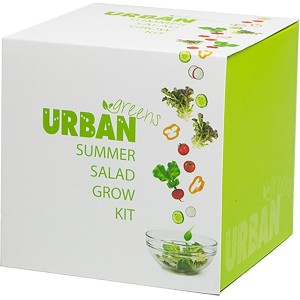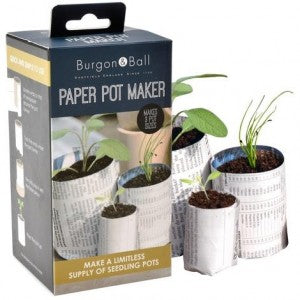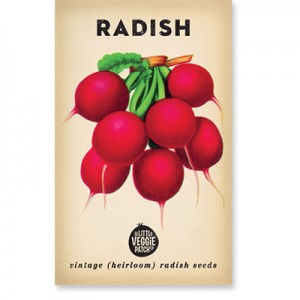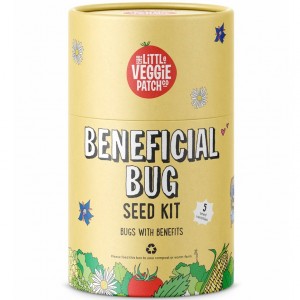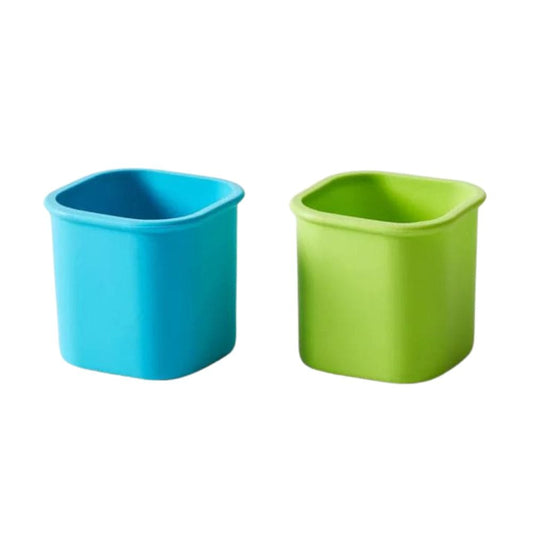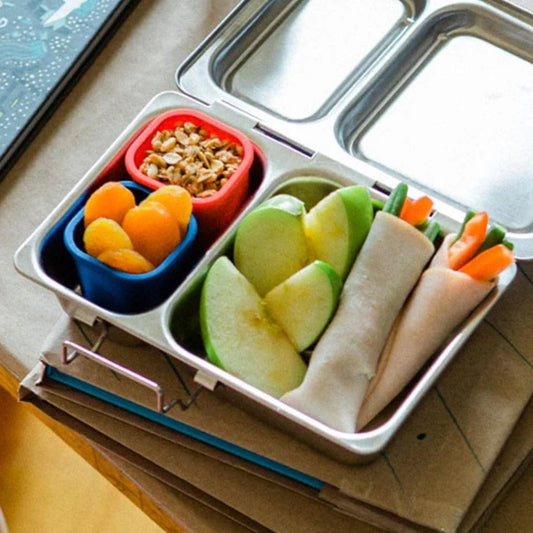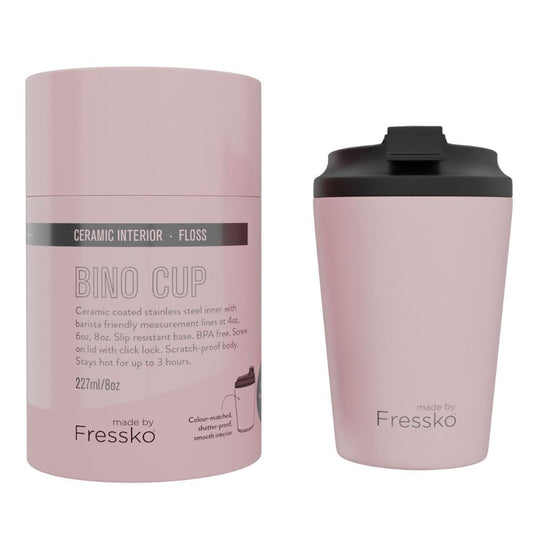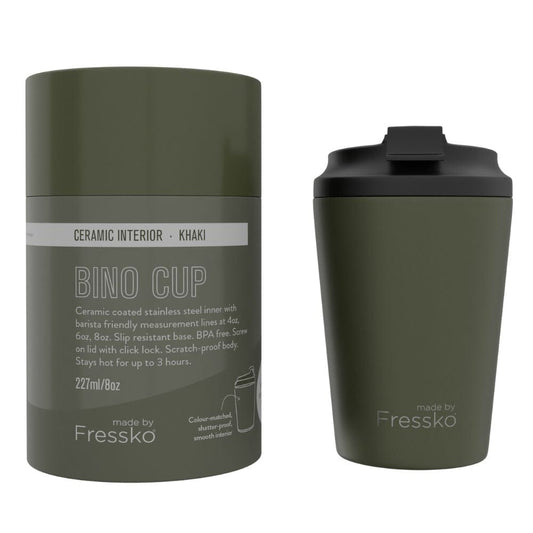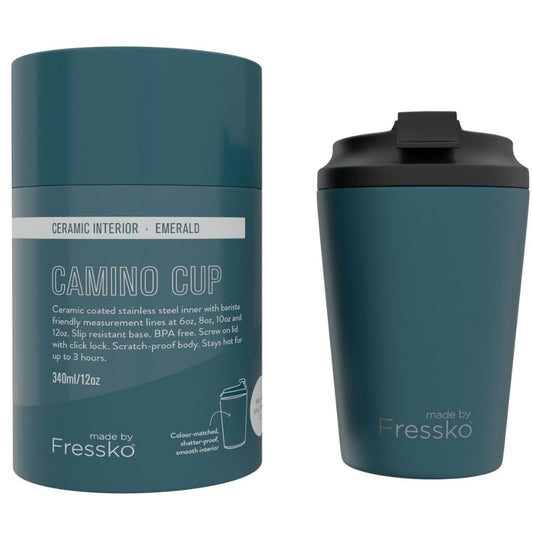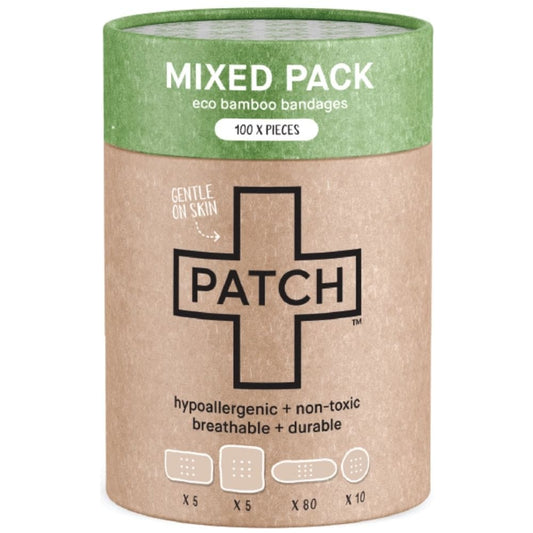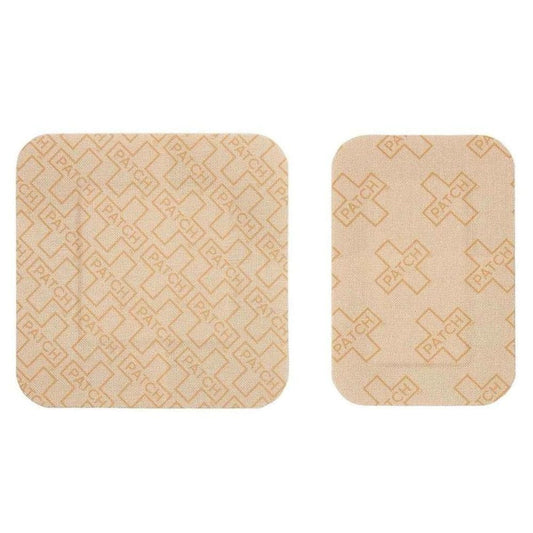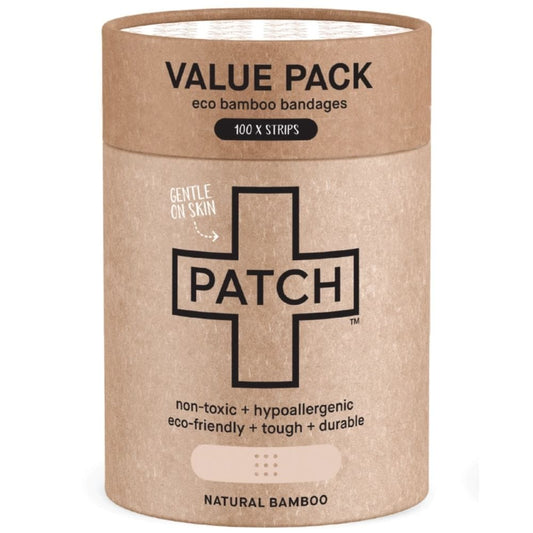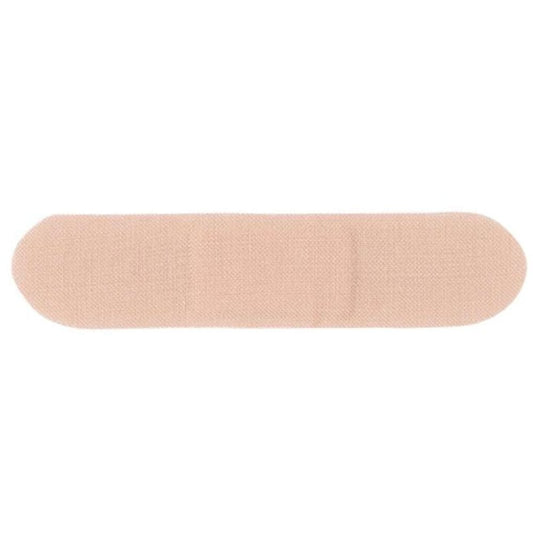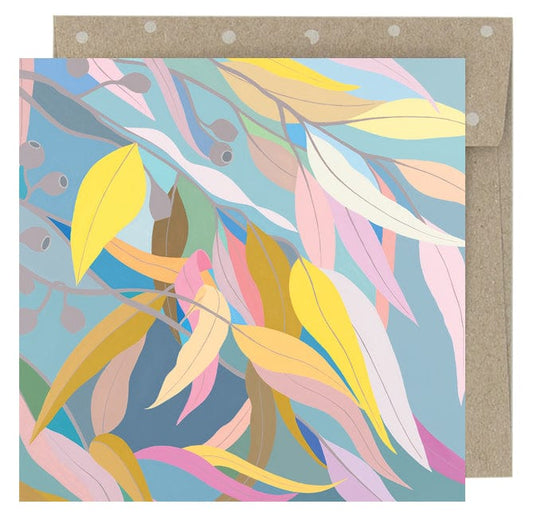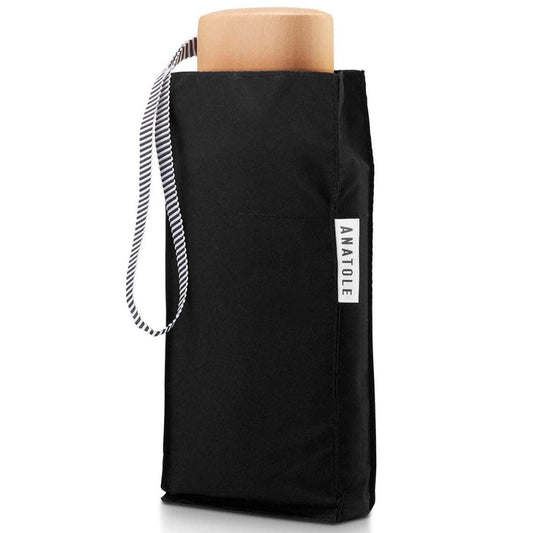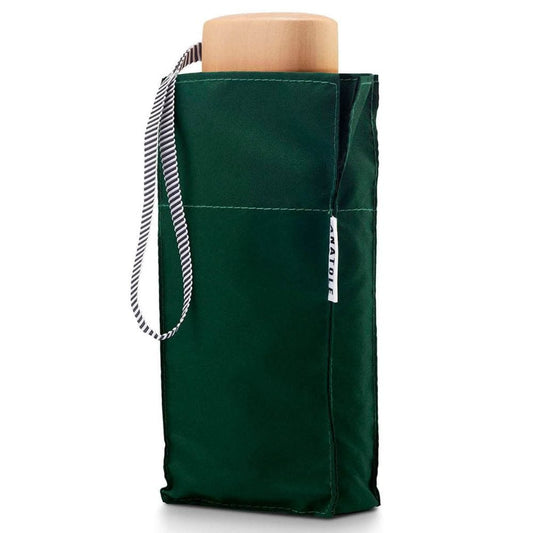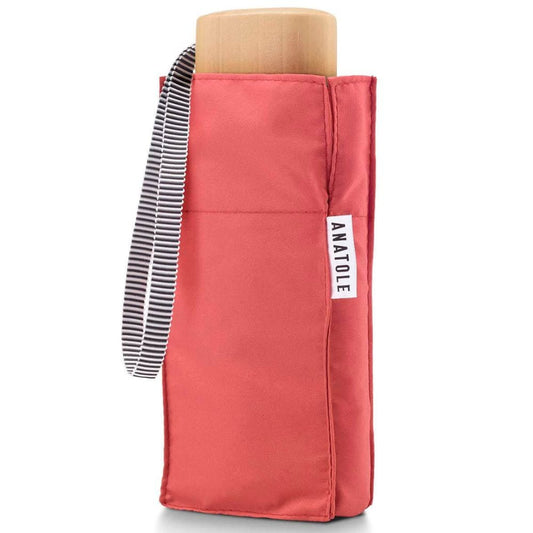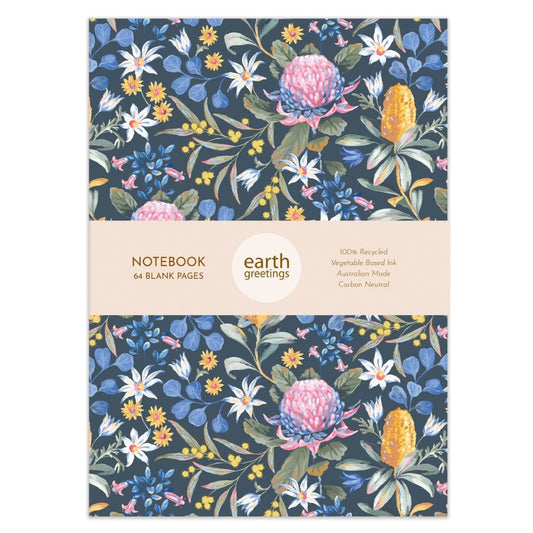Looking for something fun and easy to do around the home that will occupy young and old and keep the happy and healthy? How about starting a veggie garden!
It doesn't matter if you have a backyard or just a balcony, anyone can start a veggie garden and reap the benefits of being out in nature.
To make it even easier for you, we've put together this beginners guide to starting a veggie garden outlining the things to consider before you plant, the easiest veggies to grow, and how to feed and care for them naturally.
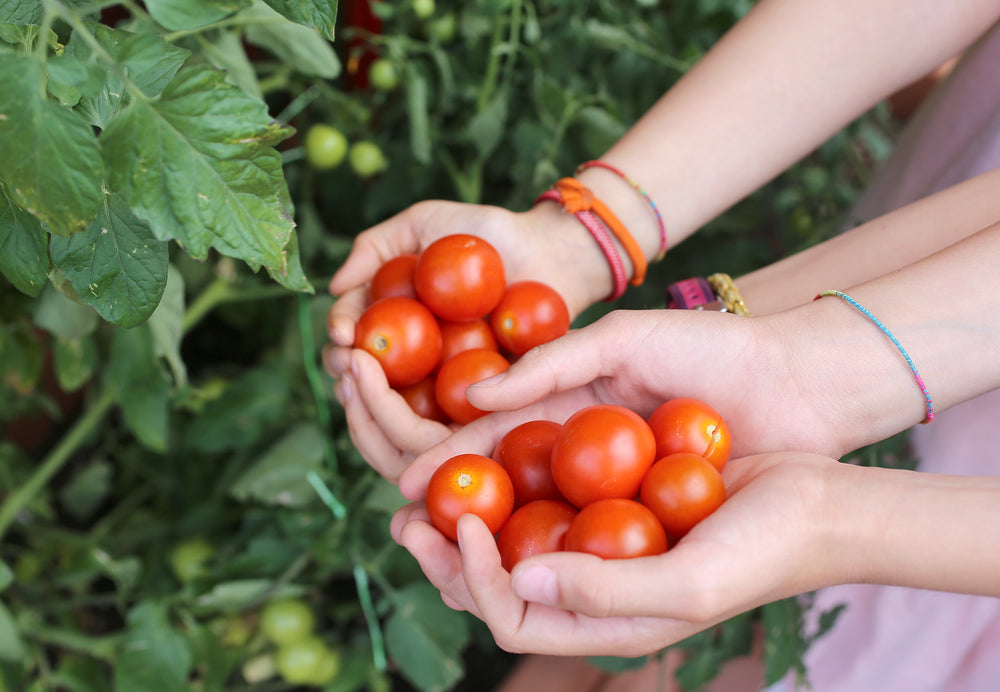
1. Choose a location for your veggie garden
Convenience: Ideally, choose a spot that is close-by to ensure it is easier and more convenient for you to water, weed and harvest as needed. Sun: Veggies generally need around six to eight hours of sun a day, so choose a spot with this in mind. Don't worry too much about whether it is morning or afternoon sun, just make sure it gets six to eight hours of sun, total. Drainage: Avoid areas that may become waterlogged, like at the bottom of a hill or an indentation in the ground. An area that is slightly elevated is ideal. If you are growing veggies in containers, make sure there are adequate drainage holes. Toxic locations: While it won't be a problem for most people, avoid areas where toxic chemicals like lead paint or oil have leached into the ground.Backyard veggie gardens
If you have the space for a veggie garden in the backyard, you can either plant into plots and rows or a raised garden bed. Larger plots generally require more attention, while smaller beds keep plants fairly close together, protecting soil from moisture loss. There are many 'how to' guides on the web to help you build garden beds.Balcony veggie gardens
Most vegetables can also be grown in a container on your balcony, providing the conditions are right. You'll need to ensure your balcony gets at least six hours of sun a day, and that your containers offer good drainage. Also, instead of digging up soil from the ground, choose a specially formulated potting mix. Suitable plants for a balcony garden include herbs, spring onions, lettuce, spinach, rocket, silverbeet, capsicums, tomatoes and beans.
Community gardens
You could also consider a community garden. Contact your local council or join a gardening group on Facebook to find your nearest community garden space. You might be surprised at how many there are around the place! The link at the end of this article that shows the community gardens in Brisbane. Community gardens around Australia are currently closed as part of the coronavirus response, but this could still be an option for you when they reopen.
2. Plan your veggie garden layout
Most veggies need a certain amount of space in order to thrive, so before you start, work out what veggies you want to grow, how much space they need, and what plants they are compatible with. Keep in mind that some plants, like tomatoes and zucchini will continue to produce throughout the season, and other plants like carrots and radish will only produce once. Keep taller plants towards the back or in the centre and be mindful of their potential to shade smaller plants during the day.
UrbanGreens Summer Salad Grow Kit
3. Prepare the soil for your veggie garden
Before planting, ensure your soil is as best as it can be. Make sure the soil's pH is correct and take time to raise or lower the pH if need be (most nurseries sell soil pH testing kits). It's also a good time to fix any deficiencies with Nitrogen, Potassium and Phosphorus. Adding compost to the soil is a great way to do this organically.Composting
Composting is the best way to utilise food waste which will (1) reduce the amount you send to landfill, and (2) provide you with valuable, nutrient rich soil fertiliser. The three most popular composting methods are garden composting, worm farms and using a Bokashi bucket. Backyard compost: Closed compost bins are ideal for the suburbs to stop rodents, or heaps for more rural areas. Worm farm: Great for those who have a balcony, or shaded outdoor area. Worm farms don't take up too much space and don't smell. They are living beings so do require careful care. Bokashi bucket: Ideal to use as your kitchen food waste bin. Great for those who have limited or no outdoor space but still want to quickly decompose food waste. Scraps need to be buried in your garden or someone else's. You can find out lots more information about these composting options here >View this post on InstagramIDeal t
4. Plant your veggie garden
Now it's time to plant! Sow seeds and plant seedlings according to your growing zone: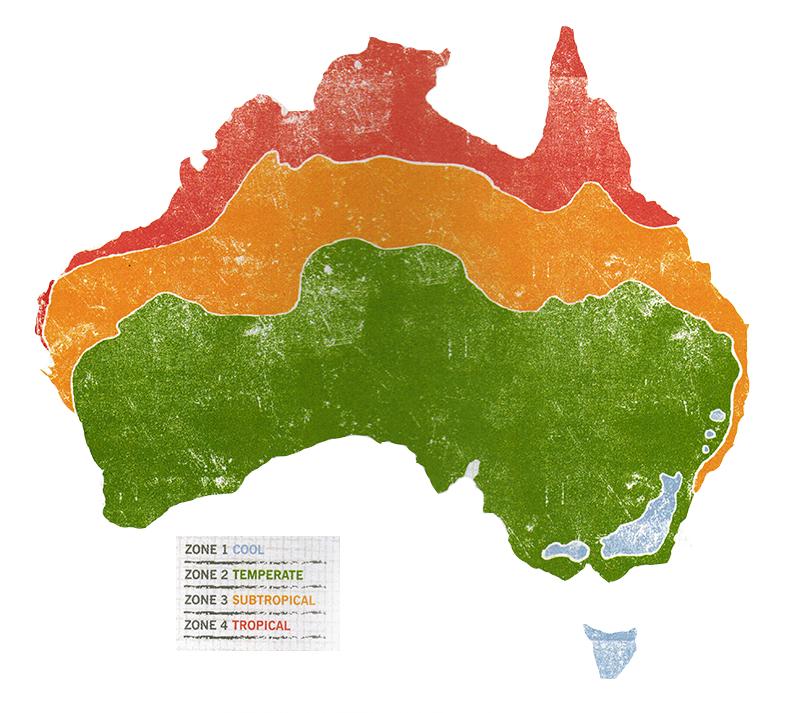
Source: Little Veggie Patch
Paper Pot Maker
The easiest vegetables to grow for beginners
Perennial herbs (rosemary, mint, oregano, chives, thyme): These will be here for the long run, respond well to regular picking, help deter pests, and add flavour and health benefits to any meal. Silverbeet (Swiss chard): Incredibly tolerant, Little Veggie Patch refers to silverbeet as being an 'ego boost for all hopeless gardeners' it's that easy to grow! Leafy greens: Don't need much sunlight and can be packed in fairly close. You'll be harvesting leaves in just a few weeks. Zucchini: Fast growing and exciting, give the zucchini plant enough space and you'll be harvesting the fruit and the flowers in a month or two. Cherry tomatoes: In just a couple of months, even if you neglect it here and there, the plant will be producing a lot of fruit! Be sure to support them with a stake or trellis though. Radish: They are exceptionally easy to grow, just pop radish seeds in the ground or a pot and in six weeks they'll be ready to add to a salad. Spring onions: Snip them off and they will regrow, again and again - it's great! They love tight places too. The above veggies are not only easy to grow, they're cost effective too. Herbs, spring onions and leafy greens for example can cost several dollars a bunch in the supermarkets. By growing just these, you could save up to around $15 a week on groceries!*
Little Veggie Patch Heirloom Seeds
5. Caring for your veggie garden
Watering
Early morning is the best time to water, followed by late afternoon. If you water them in the afternoon try to ensure the leaves have some time to dry before night comes, as damp leaves encourage fungus problems, like powdery mildew or sooty mould.Fertilising
Compost is one of the easiest and most widely used fertilisers which promotes soil and plant health. The liquid from your Bokashi bin or worm farm is an excellent liquid plant fertiliser. Fertilise plants every few weeks.Weeding
Weekly weeding will prevent weeds reaching seeding maturity (which will result in a lot more weeds!). It's easier to weed after watering or rain, as they will come out of the ground more easily. Simply pinch the weed close to the base of the plant and gently but firmly pull the weed out of the ground.Organic pest control and beneficial bugs
The best natural way to deter pests is to encourage beneficial bugs and animals that prey on common pests, for example ladybugs, wasps and lizards. It is also a good idea to keep away weeds, dead plants and litter. A clean garden makes it harder for pests to settle in.
Little Veggie Patch Seed Kit
Companion planting is a good way to deter pests naturally:- Plant marigold or calendula next to any vegetable to attract beneficial bugs and keep nearly all pests away
- Plant mints next to cabbage family plants to deter cabbage moth and cabbage butterfly
- Plant nasturtium next to beans, tomato and cucumber to deter whiteflies
- Plant basilnext to tomatoes to deter flies and mosquitoes
- Plant rosemary next to any vegetable to deter snails and slugs
- Plant chives next to any vegetable to deter aphids
See our range of heirloom seeds, grow kits, composting and gardening gift ideas here >View this post on Instagram
Further Reading: https://www.brisbane.qld.gov.au/environment-waste/be-clean-green-brisbane/community-groups/community-gardens-city-farms/find-your-local-community-garden
*Calculation based on the cost of items at leading Australian supermarkets: herbs x 3 at $3 per item + spring onions x 1 at $3 per item + lettuce x 1 at $3 per item = $15



